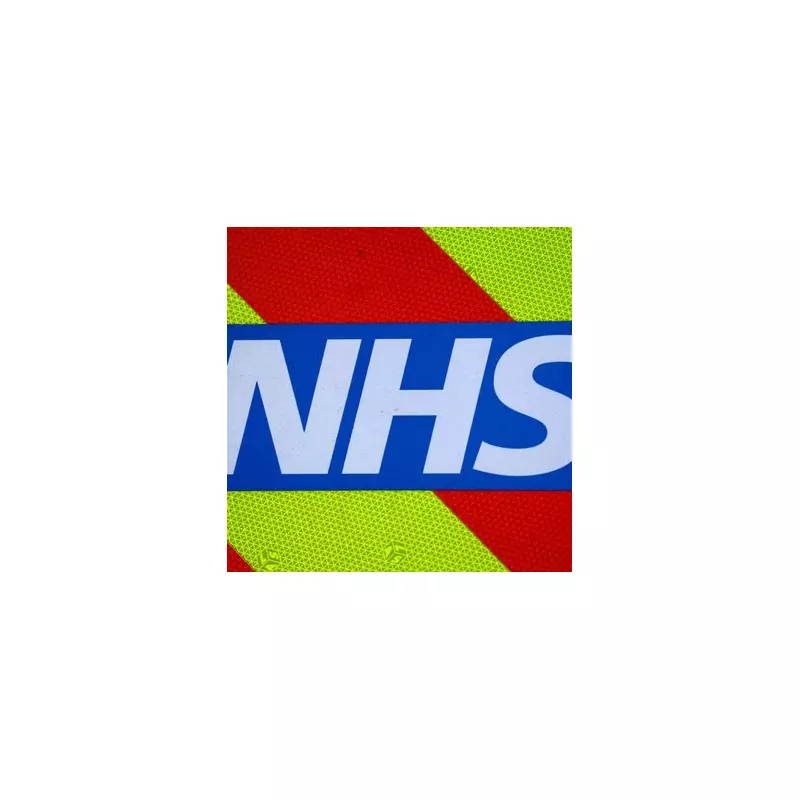
The NHS has issued an urgent plea to the British public, asking anyone experiencing two key symptoms to avoid visiting hospitals as cases of a contagious winter bug continue to spread across the UK.
What are the symptoms triggering the NHS warning?
If you have experienced diarrhoea or vomiting within the last 48 hours, you are being urged to stay away from hospital wards. This crucial advice comes directly from NHS trusts, including the North Tees and Hartlepool NHS Foundation Trust, which emphasised that even if you feel better, you could still be carrying the infection and risk passing it on to vulnerable patients, loved ones, and healthcare staff.
Why is there a surge in norovirus cases?
The rise in infections is partly driven by the return of a specific norovirus variant known as GII.17, sometimes referred to as the 'Kawasaki bug'. This genotype is highly contagious and is now surpassing the long-dominant GII.4 strain to become the most frequently detected type in the UK.
While GII.17 is not new—it was first discovered years ago and became prominent in the 2014-2015 season—its resurgence this year means that people who have already had norovirus may catch it again. The UK Health Security Agency (UKHSA) confirms that "having one genotype does not fully protect against the other." Fortunately, there is no current indication that either the GII.17 or GII.4 variants cause more severe illness.
Recent data shows that norovirus cases have been higher than the five-season average during the winter of 2024/2025. The current 2025/2026 season is also seeing an increase, though recent information suggests this rise may be slowing and remains within expected levels for this time of year.
How to treat norovirus at home and when to seek help
Norovirus, often called the winter vomiting bug, is a stomach bug that causes vomiting and diarrhoea. It is typically very unpleasant but usually resolves within about two days. The NHS advises that most people can manage the illness at home.
The main symptoms include:
- Feeling sick (nausea)
- Vomiting
- Diarrhoea
You may also experience a high temperature, headache, tummy pain, and body aches.
The most important thing is to stay hydrated. The NHS recommends:
- Do stay at home and get plenty of rest.
- Do drink lots of fluids like water or squash—take small sips if you feel sick.
- Do eat when you feel able to, but it may help to avoid fatty or spicy foods.
- Don't have fruit juice or fizzy drinks as they can make diarrhoea worse.
You should speak to a pharmacist if you or your child (aged five or over) shows signs of dehydration, such as dark, smelly pee or peeing less than usual. They may recommend oral rehydration sachets.
This direct appeal from the NHS aims to reduce the significant pressure that this surge in norovirus cases is placing on hospital services, helping to protect patients, staff, and the wider community during the winter season.






